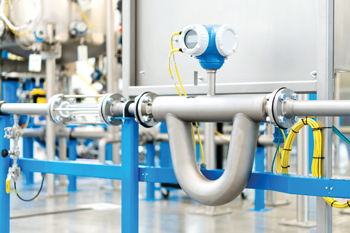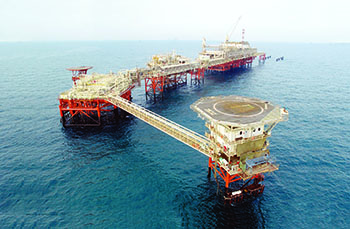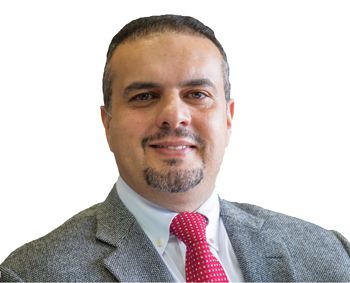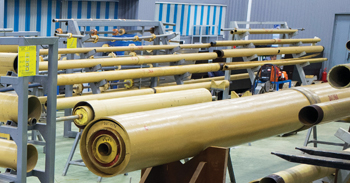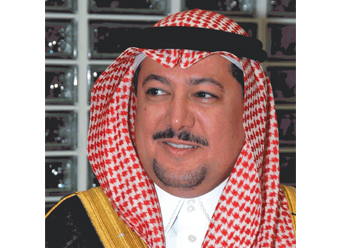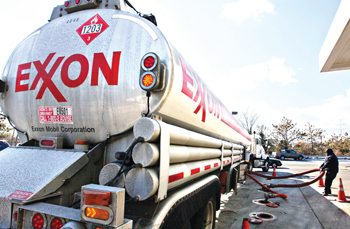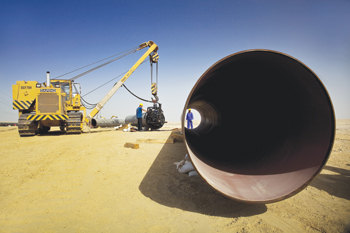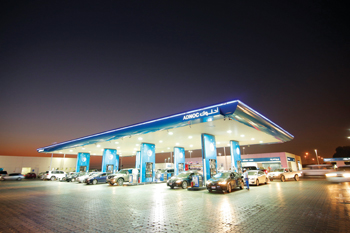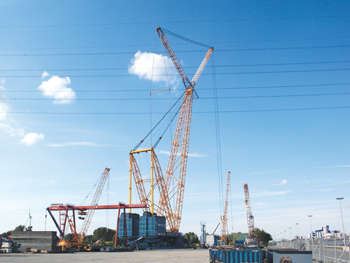
The partnership is planned for several years, officials say, and calls for more financing solutions
Major fossil fuel producers the US and the United Arab Emirates have agreed to collaborate on research and development of carbon capture, utilisation and storage (CCUS) technology while vowing to implement new CCUS projects in their respective countries.
The countries signed a memorandum of understanding (MoU) to develop CCUS schemes during a visit of US Secretary of Energy Rick Perry to the Opec member state this week. Speaking at a press conference at a ministerial meeting in Abu Dhabi, Perry and the UAE’s Energy Minister Suhail Al Mazrouei say they would support collaborative research and development (R&D) on innovative, next-generation CCUS technologies with broad application to both the power and industrial sectors.
Earlier in the week Perry signed a similar agreement on CCUS and clean energy technologies with Saudi Arabia. It is unclear if the MOUs with the Opec countries will result in any serious projects or were announced merely for political reasons as Perry tours the region.
The MoU with Opec kingpin Saudi Arabia, for instance, basically amounts to an exchange experts, engineers, and scientists, and will encourage the organization of joint seminars and workshops on CCUS and other clean energy technologies.
Carbon capture is says to be critical in lowering global carbon emissions, but it is lagging behind other low-carbon technologies in terms of cost reductions and investments.
The world’s first commercial steel carbon capture storage project operates in Abu Dhabi, holder of almost all the UAE’s hydrocarbon resources.
The US-UAE partnership is planned for several years, officials say, and calls for more financing solutions for carbon capture technologies, including project financing, as well as greater engagement of the private sector.
"From my own perspective, the very fact there exists a CCUS technology refutes the pessimism that somehow, we can’t utilise fossil fuels while at the same time being responsible stewards of our environment," says Perry. "I’m excited about this technology."
Perry has long been a vocal climate change denier. As recently as June, he denied that manmade carbon dioxide emissions are the primary cause of climate change, while US President Donald Trump has called climate change a "hoax" drummed up by the Chinese, calling into question any initiative the administration advances to lower emissions. The Trump White House has also made a concerted effort to revive the US coal industry.
There are around 17 large-scale CCS projects worldwide. Al-Mazrouei says the world would need 100 times that number of projects to tackle the environmental challenges it is facing.
"We believe the next projects need to focus on large-scale polluting opportunities where we can capture that CO2," he says.










































































.jpg)
